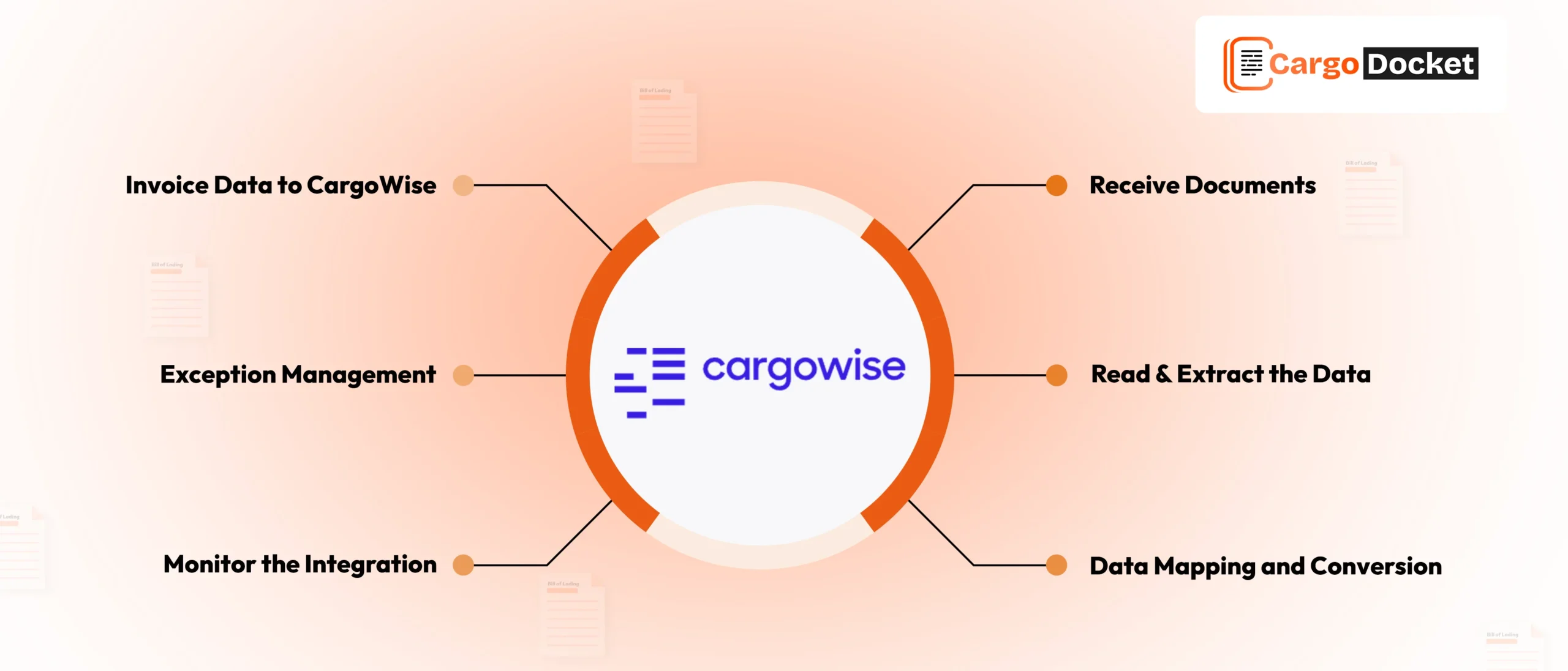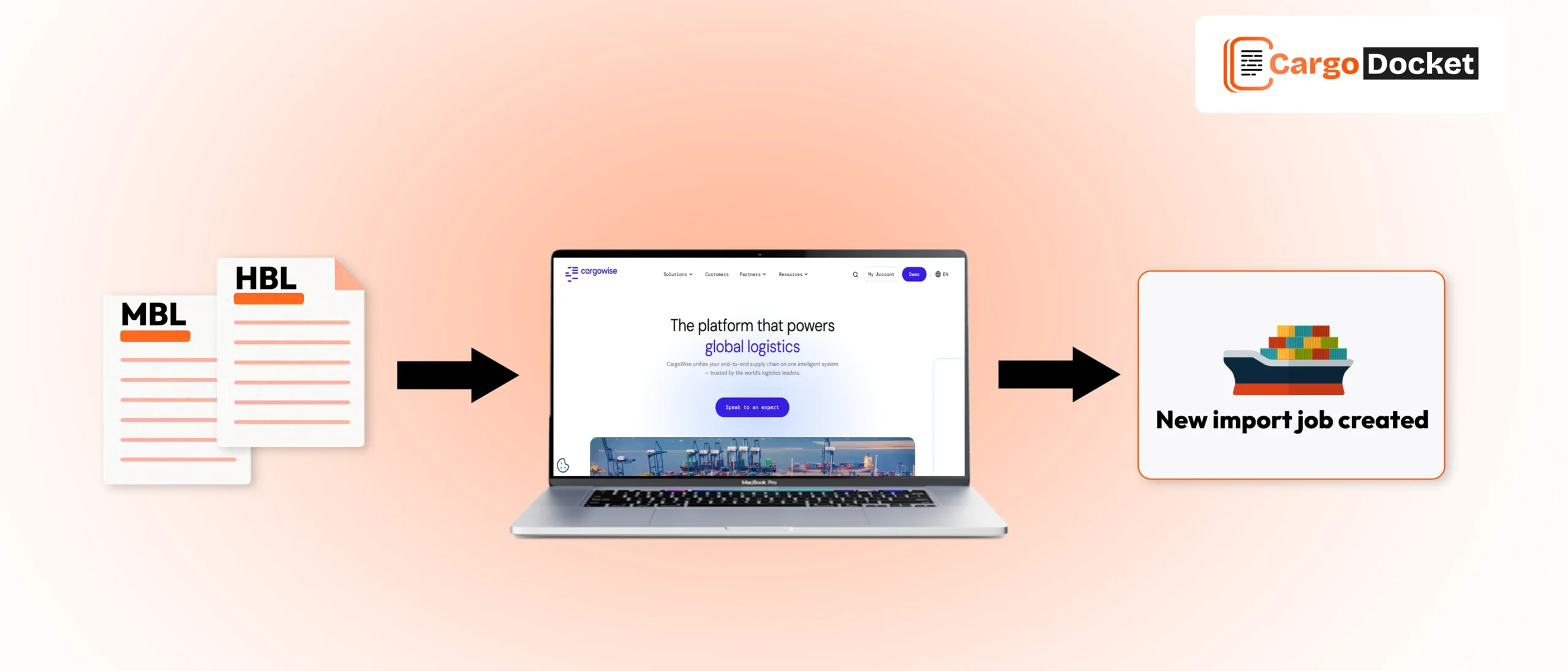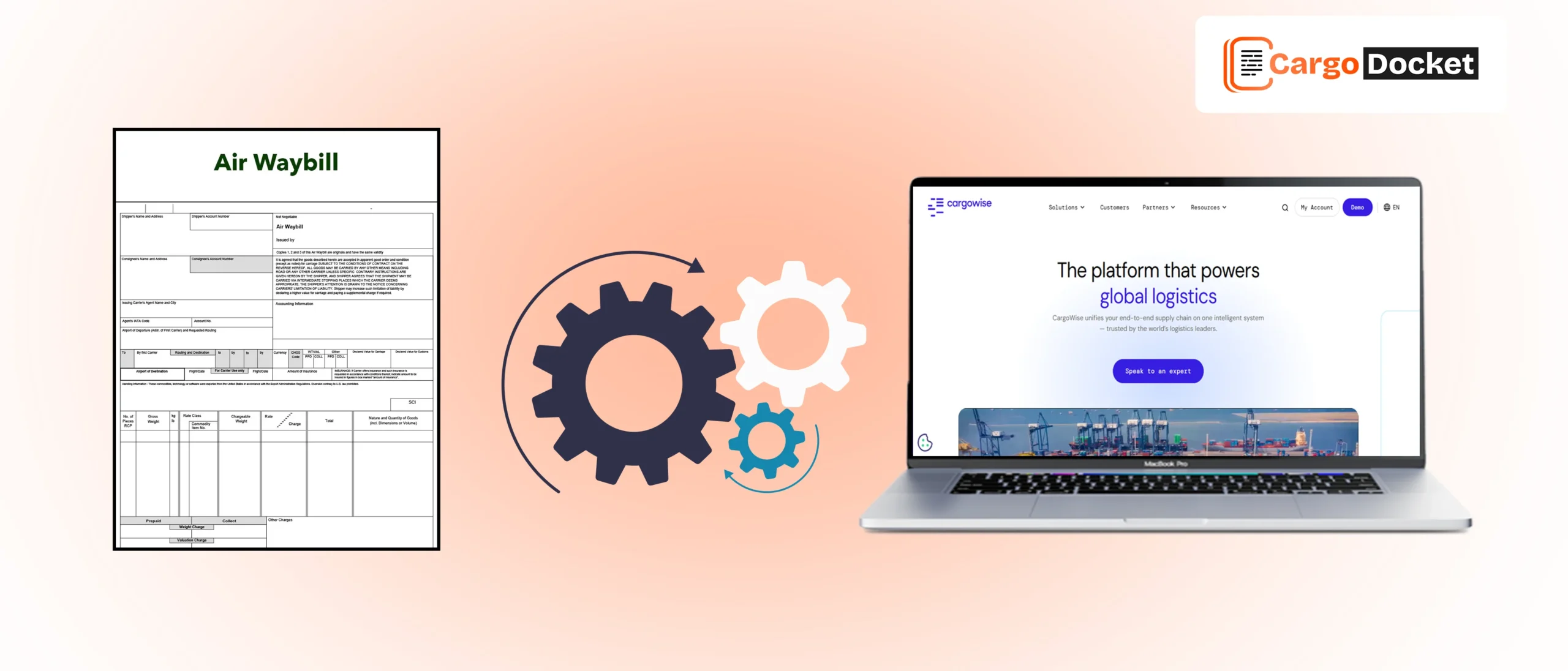How do freight forwarders and logistics businesses make the right decision when it comes to managing the mountain of invoices and shipping documents they handle daily?
Should they continue outsourcing document processing to Business Process Outsourcing (BPO) providers?
Or is it finally time to bring automation in-house, and take control with smarter, faster tools?
It’s a timely question. According to a recent survey, 46% of business leaders said they are accelerating investments in automation to improve efficiency and reduce operational costs. The logistics sector, with its heavy document loads, is no exception.
Let’s explore both options, their costs, and what’s truly best for freight forwarders and supply chain businesses in today’s environment.
What Are Business Process Outsourcing and Automated Document Processing?
- Business Process Outsourcing (BPO) – BPO means hiring a third-party company to handle specific tasks, such as invoice entry, shipment documentation, or order processing, that would otherwise be performed by your in-house team. The goal is to save on staffing and training costs.
- Automated Document Processing – Automated document processing uses AI-powered tools to extract, validate, and classify data from logistics documents, like freight invoices, Bills of Lading, and commercial invoices, at speeds and accuracies far beyond human capabilities.
For example, automation can read data from a scanned invoice and post it into CargoWise or other ERP with minimal human intervention. Leading solutions today are built with logistics-specific machine-learning models for even greater precision.
How Much Does Hiring a BPO Cost?
At first glance, outsourcing seems convenient. However, real-world logistics businesses often run into significant challenges with BPOs:
Lack of Output Control:
BPOs serve many clients. They rarely offer the tailored handling your business processes require, leading to less customized and sometimes inconsistent outputs.
Communication Delays:
Third-party relationships naturally create gaps. Misunderstandings, terminology mismatches, and delayed responses can disrupt your workflows.
Training Overhead:
BPO staff often require custom training to correctly process specialized logistics documents. Providing that training remotely adds unexpected time and cost.
No Protection Against Human Error:
At the end of the day, BPOs use people. Manual data entry always brings a higher risk of mistakes, something automation is specifically designed to avoid.
Here’s the Typical BPO Process Explained
How Automated Document Processing Works
Benefits of Automated Document Processing vs BPO
- Cost Savings: Automation processes more documents with fewer resources. Upfront investment delivers ROI quickly compared to ongoing BPO fees.
- Better Control Over Outputs: AI tools are trained with millions of logistics documents. They produce highly consistent, business-tailored outputs without constant oversight.
- Faster Implementation: Modern document automation solutions can be fully operational in 2–3 weeks, far faster than hiring, training, and ramping up a BPO.
- Scalability: Easily handle more volume during peak seasons without scrambling to add (or later reduce) staffing.
- Improved Accuracy: Automation doesn’t fatigue, miss keystrokes, or misunderstand instructions, drastically lowering data errors and rework costs.
Can BPOs Still Play a Role?
Absolutely. Smart BPO providers are increasingly blending automation + human oversight to deliver the best of both worlds:
- They automate standard, repetitive document tasks.
- They use human teams for complex, nuanced exceptions.
- They lower client costs while delivering higher accuracy and faster turnaround.
Forward-looking BPOs are evolving into automation-based service providers, positioning themselves as indispensable partners for freight forwarders navigating the pressures of modern logistics.
Conclusion
While traditional BPO models have served the logistics industry for years, AI-powered document automation is proving to be a smarter, faster, and more scalable solution for today’s environment.
Whether you choose to invest in automation directly or partner with a BPO that leverages automation behind the scenes, the goal remains the same: Reduce manual work, speed up operations, lower costs, and increase data accuracy.
At Cargo Docket, we specialize in helping logistics businesses move beyond outdated manual processes with intelligent, logistics-specific automation solutions.
Ready to rethink your document processing strategy? Book a free consultation with us today and discover how easy it is to simplify your operations without giving up control of your budget.





